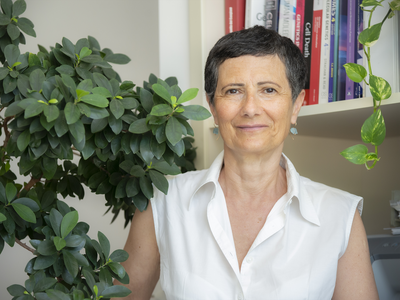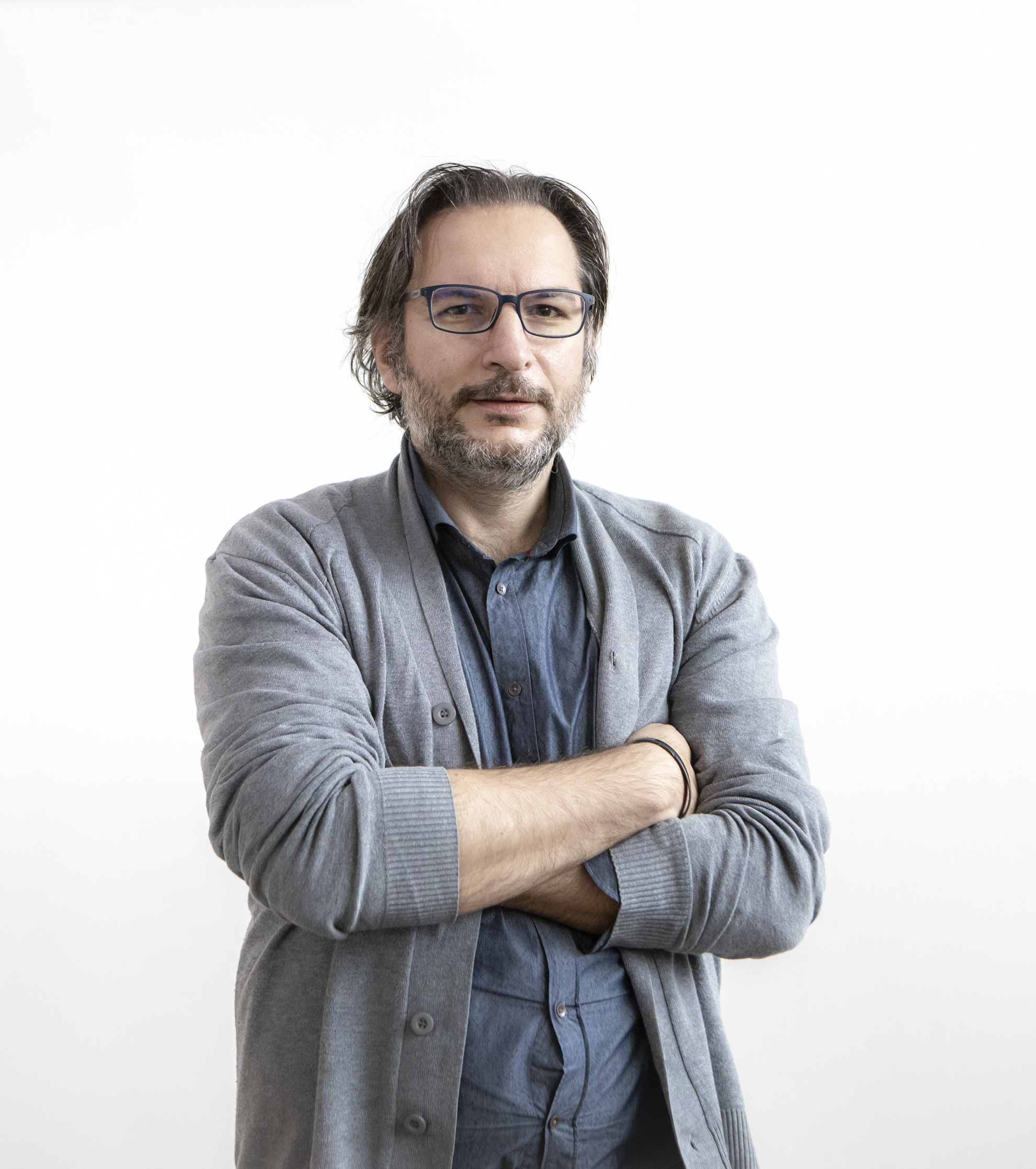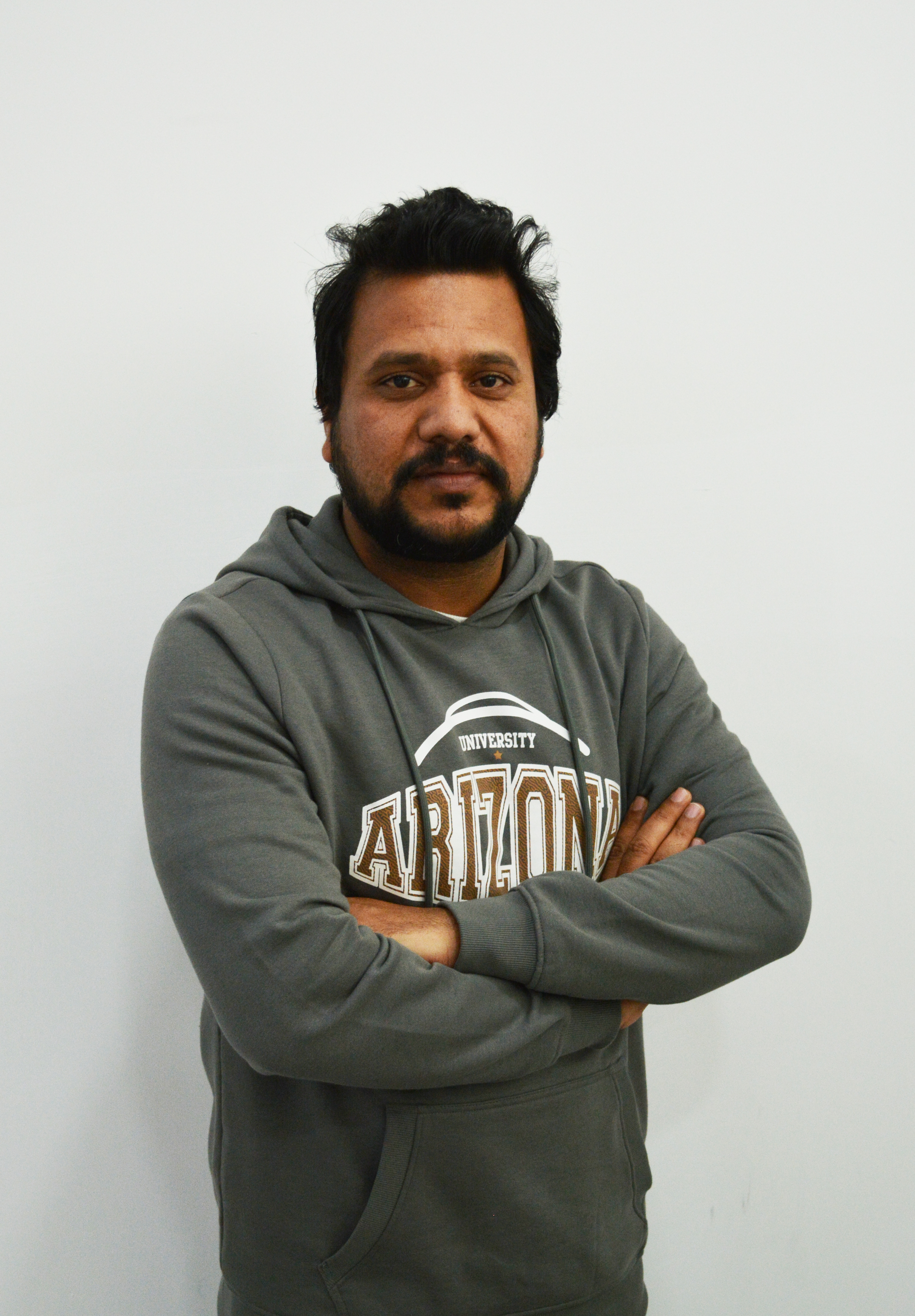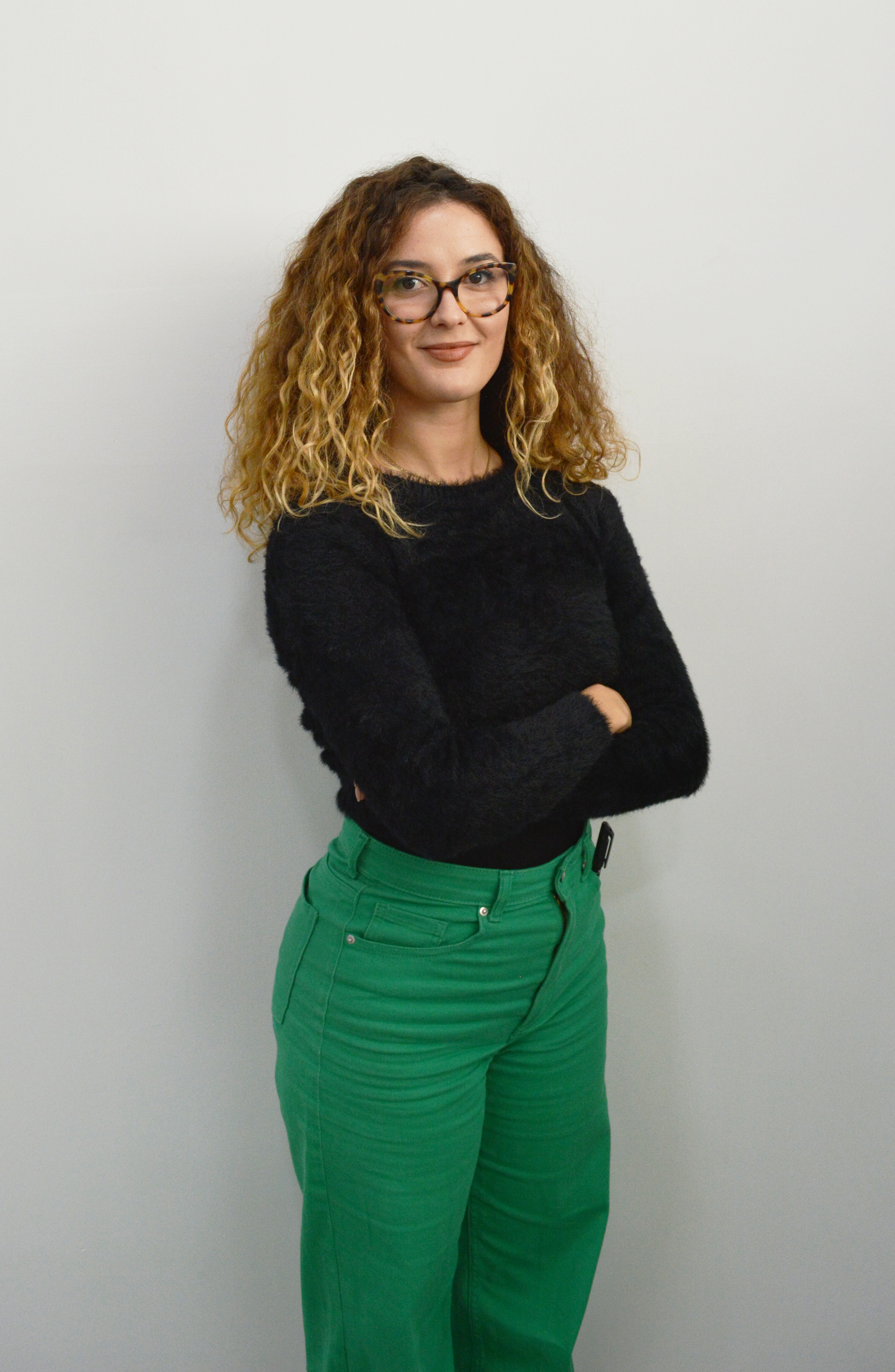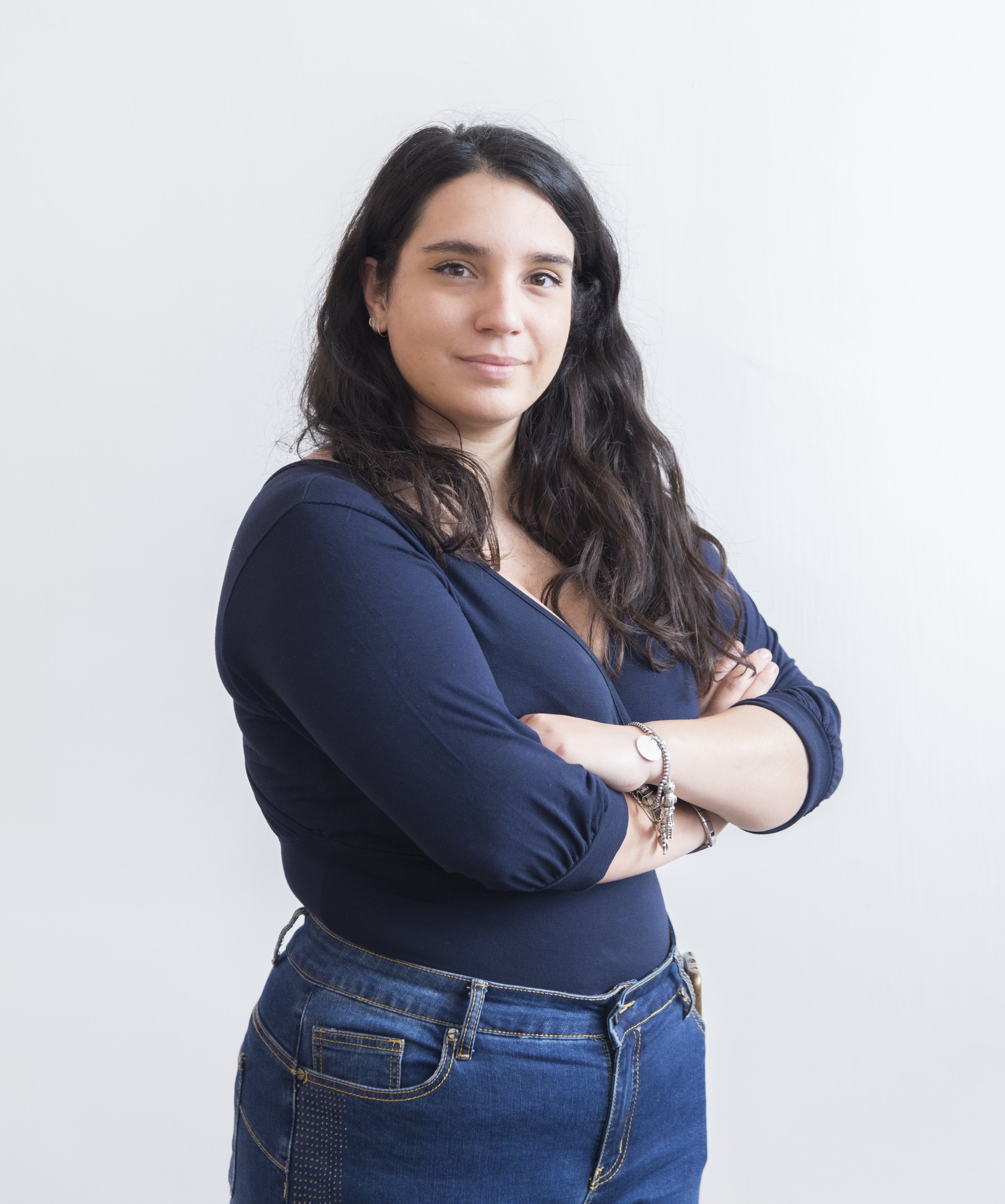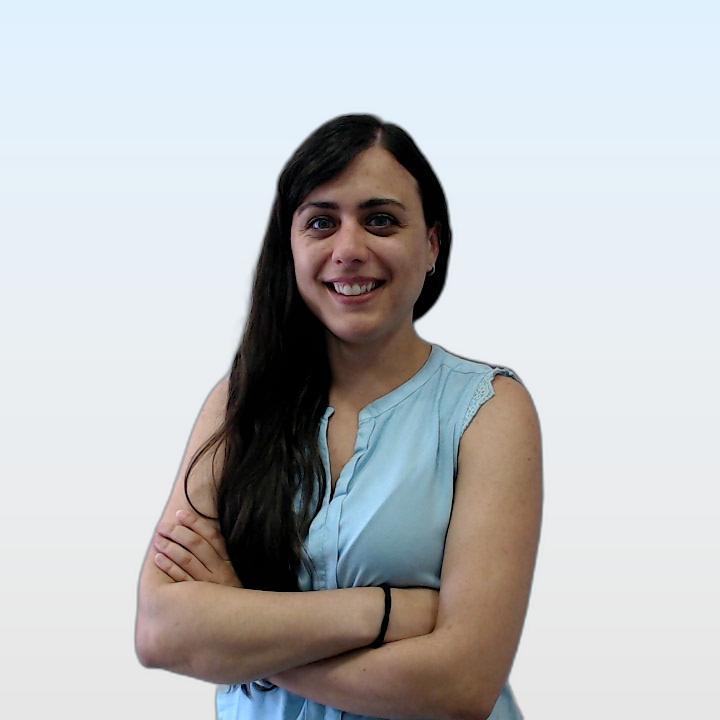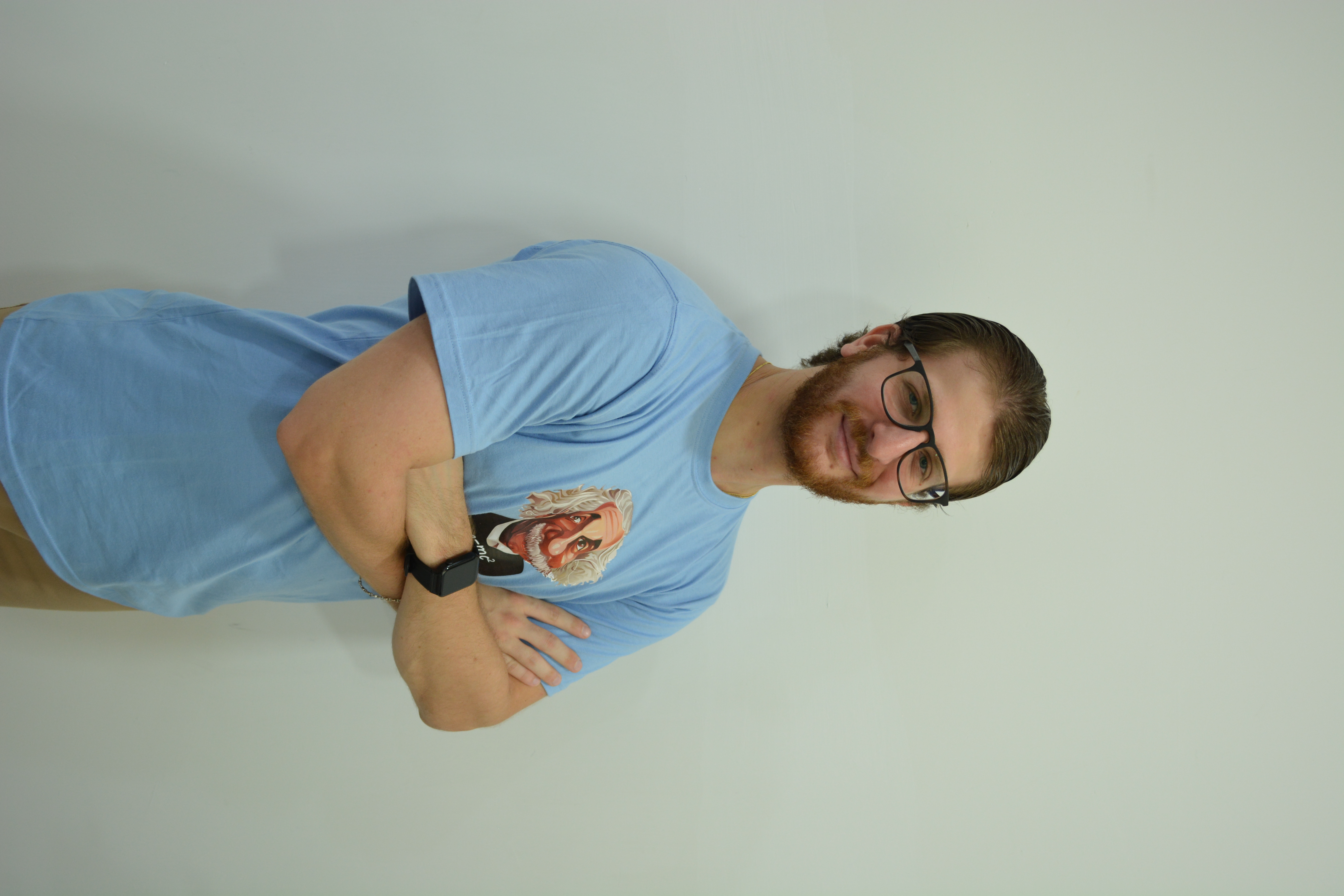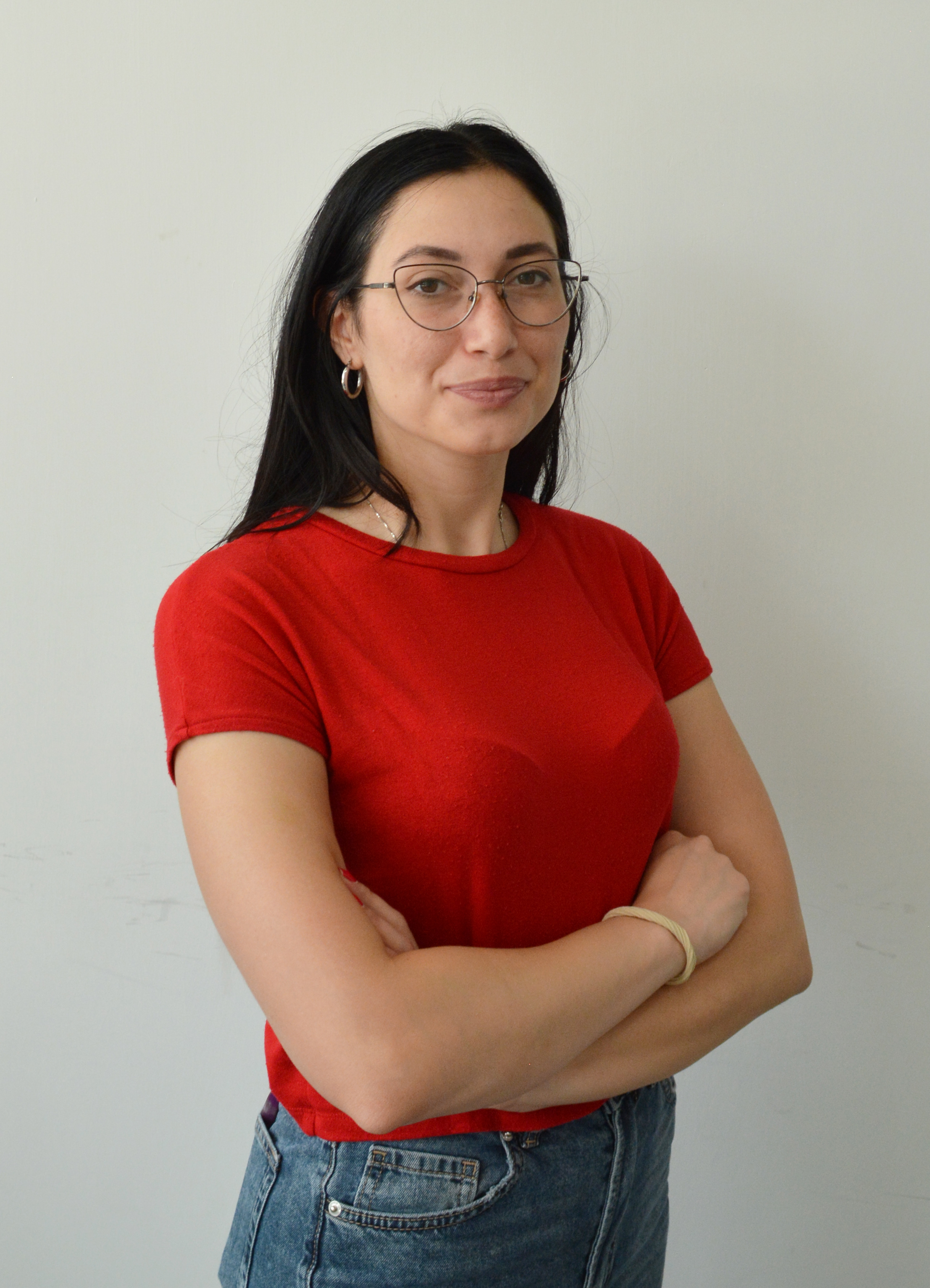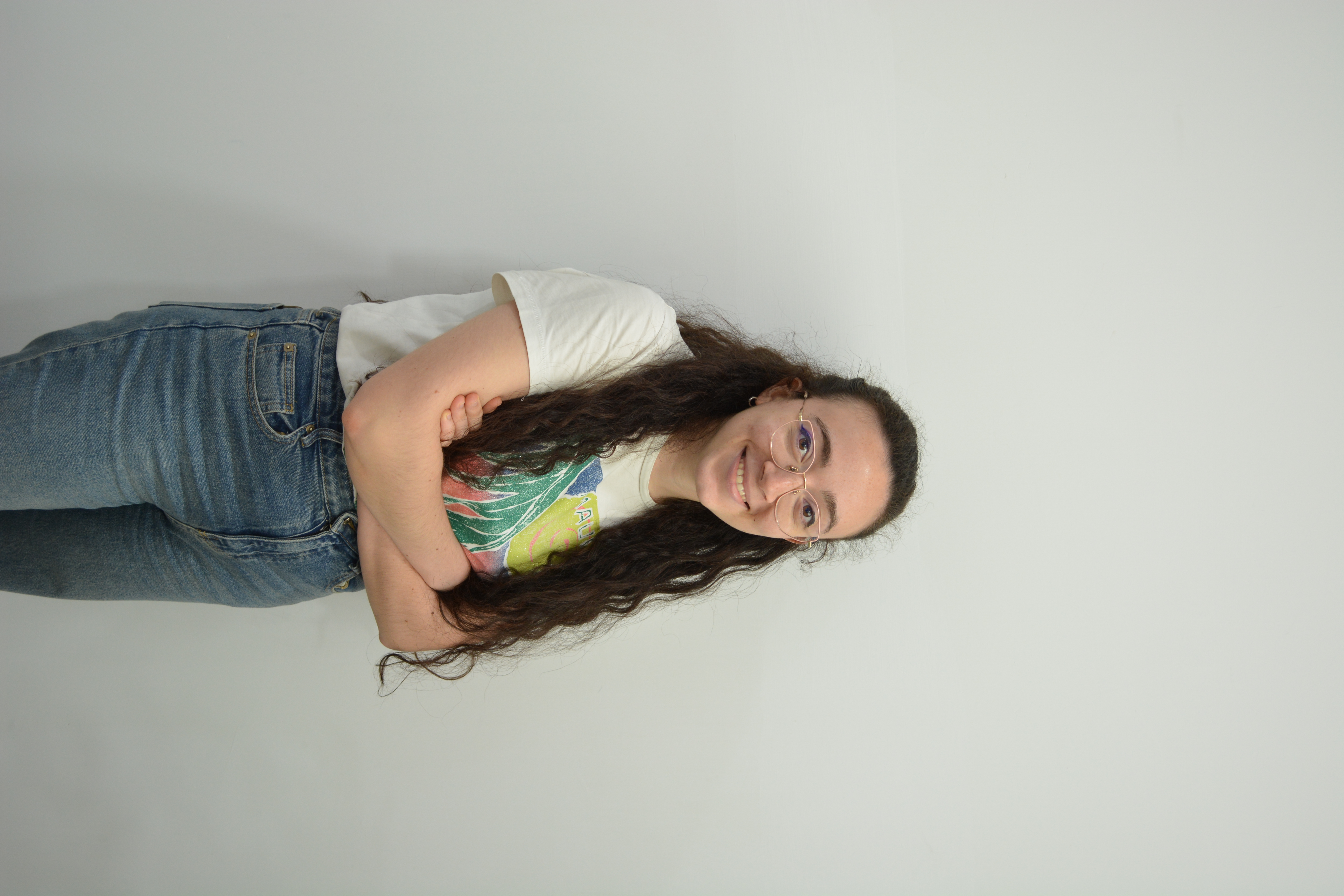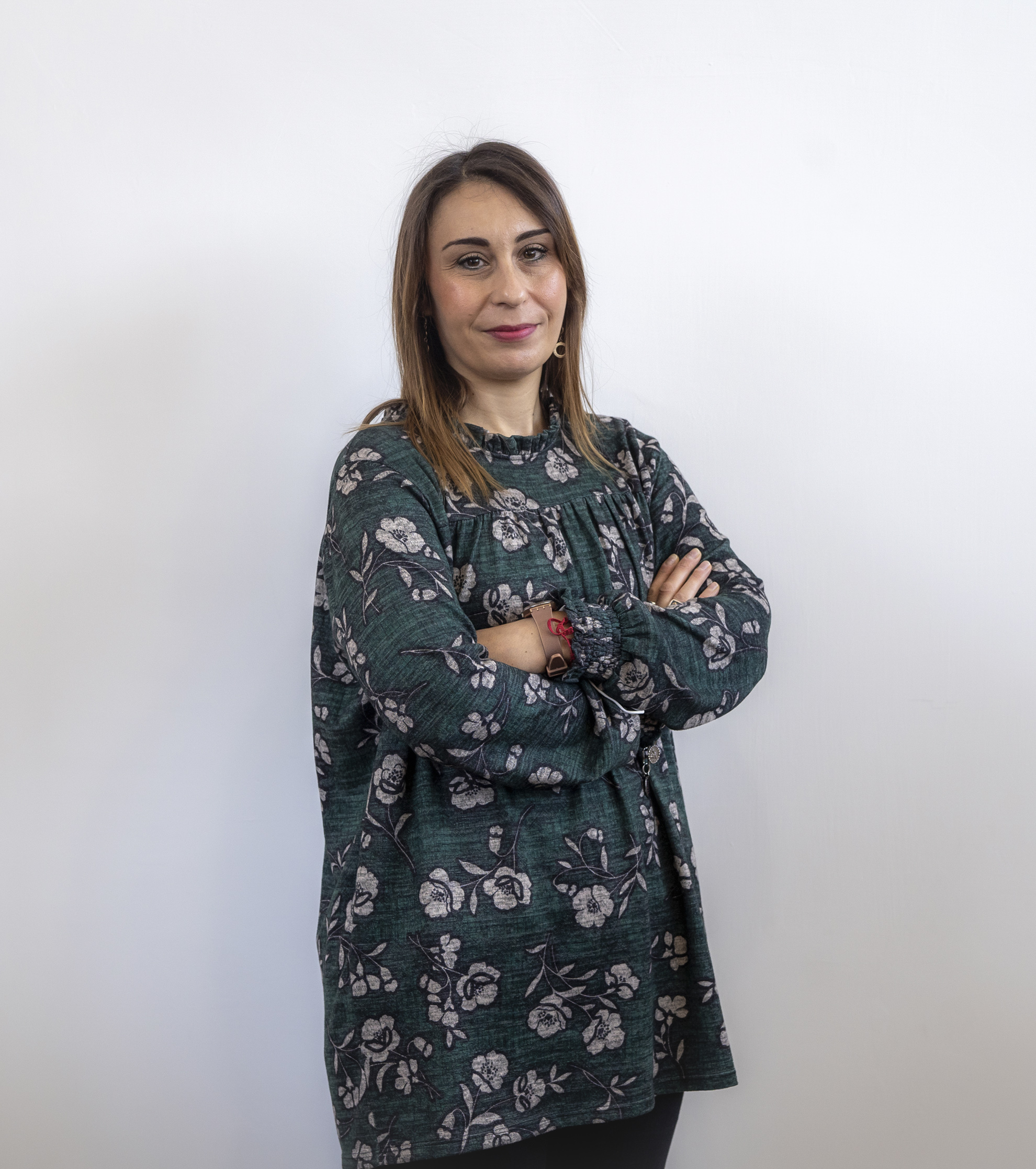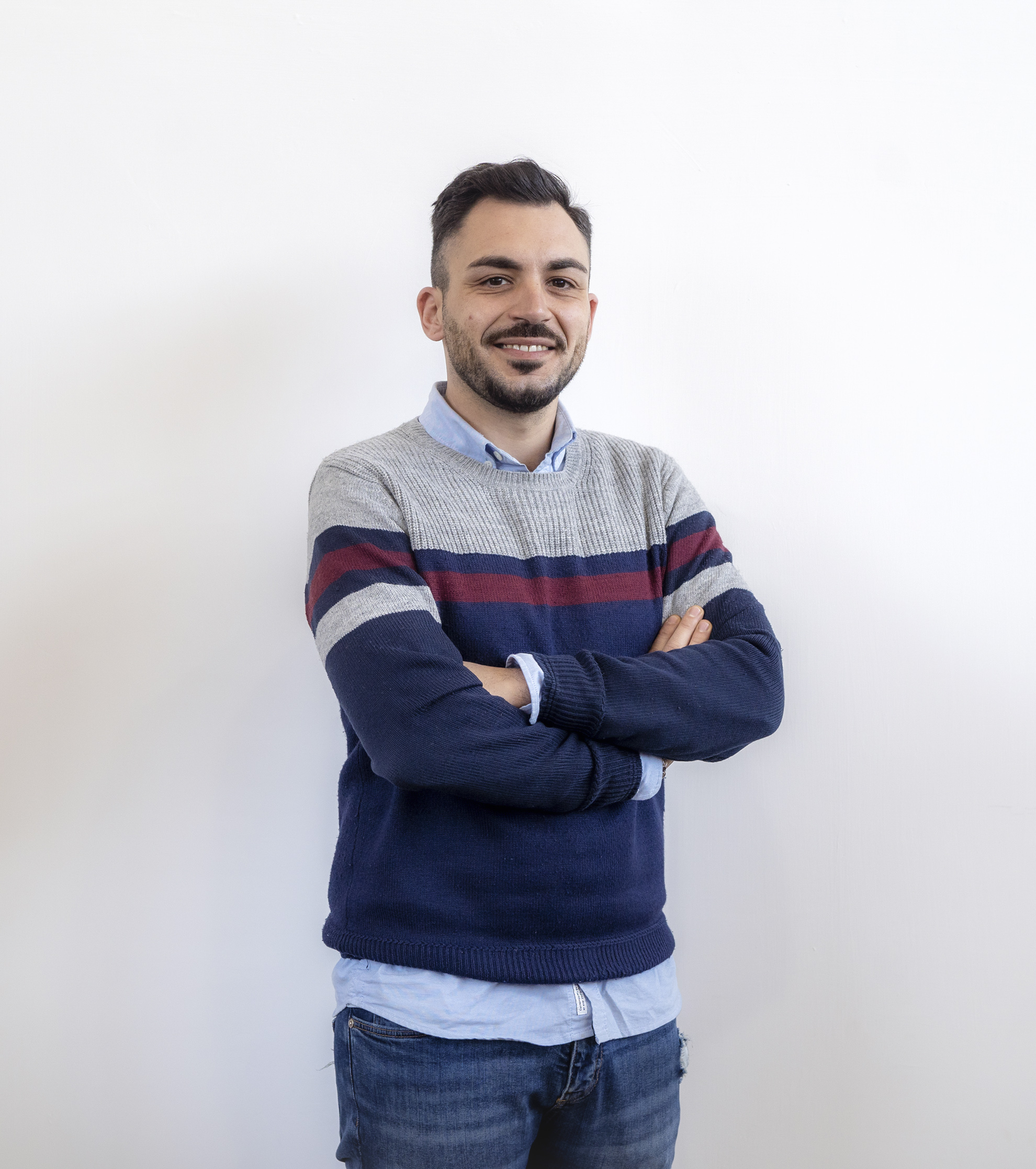Principal Investigator
Core Facilities Coordinator, TIGEM
Other positions:
Professor of Medical Genetics, Department of Translational Medicine, University of Naples "Federico II", Italy
Director Graduate School of Medical Genetics, Federico II University of Naples,Naples Italy
Coordinator Genomic and Experimental Medicine (GEM) Program, School for Advanced studies (Scuola Superiore Meridionale) Naples, Italy
Brunella Franco obtained a Degree in Medicine and Surgery from the Federico II University of Naples and completed a residency in Pediatrics at the Gaslini Institute and the University of Genoa. In 1989 she moved to the Department of Human and Molecular Genetics of the Baylor college of Medicine, Houston TX for postdoctoral training in Human Genetics. During this training her research interest was mainly focused on disease gene identification. In 1995 she returned to Italy thanks to the Italian Telethon Foundation and was one of the founding members of the Telethon Institute of Genetics and Medicine (TIGEM) in Milan, Italy. She then followed the Institute in its move to Naples first and then to the new destination in Pozzuoli where she coordinates a research group focused on understanding the molecular basis of selected rare inherited diseases.
Brunella Franco is a human geneticist with a well-established reputation in the study of rare inherited conditions. Her efforts contributed to the identification of fourteen transcripts responsible for genetic disorders. In the last years her laboratory focuses on the translation of her research towards patient’s needs.
Cilia and Human Diseases
Cilia are evolutionary conserved organelles protruding from mammalian cells and exert motility and sensory function. Cilia have crucial roles in cell signalling pathways and in maintaining cellular homeostasis. Thousands of proteins potentially involved in ciliary function have been identified. However, much remains to be determined on the biology and functions of this complex organelle of growing biomedical importance.
Our laboratory aims at addressing the following questions:
- Which is the link between ciliary proteins and autophagy and what is the role of autophagy in the pathogenesis of cilia associated phenotypes ?
- Why mutations in the same transcript can cause phenotypes ranging from the involvement of single tissues to a wide spectrum developmental disorder such as OFD type I syndrome ?
- Do cilia have a role in oncogenetic events?
Mitochondria and mitochondrial disorders
Mitochondrial dysfunction underlies the pathogenesis of rare and common conditions. Our laboratory focuses on different aspects of mitochondria biology and mitochondrial disorders. In particular, on the basis of our previous work on rare mitochondrial diseases we apply in vivo and in vitro approaches and examine the following topics:
- Study the mechanisms underlying the neuroprotective effect of miRNA181a and miRNA 181b downregulation in mitochondria-mediated neurodegeneration (e.g. Leigh and LHON syndromes)
- Dissection of a novel mitochondrial caspase mediated cell death pathway implicated in human diseases
- Definition of the pathogenetic mechanisms underlying microphtalmia with linear skin lesions (MLS) syndrome
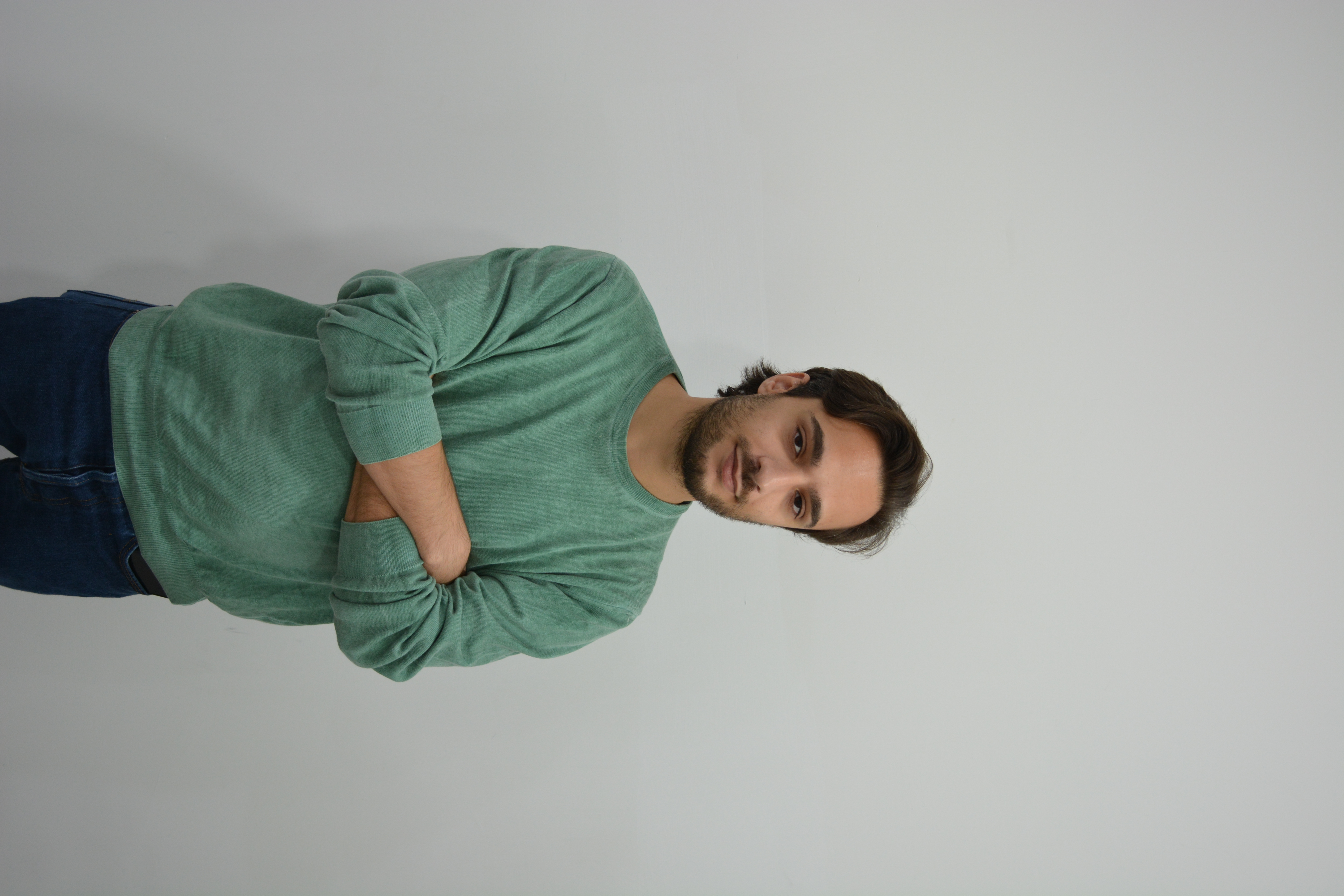
- Single-cell proteo-genomic reveals a comprehensive map of centrosome-associated spliceosome components. iScience. 2023
- Targeting the MITF/APAF-1 axis as salvage therapy for MAPK inhibitors in resistant melanoma. Cell Rep. 2022
- Crosstalk between cilia and autophagy: implication for human diseases. Autophagy, 2022
- Regulation of autophagosome biogenesis by OFD1-mediated selective autophagy. EMBO J 2021
- miR-181a/b downregulation exerts a protective action on Mitochondrial Disease models. EMBO Mol Med, 2019
A full list of my published work is available here
Quote
I joined TIGEM in 1994 and I scientifically grew within TIGEM. I started my career as a human geneticist and while I was originally involved in the identification of disease genes, I then shifted my scientific interest toward more functional studies. I want to understand how and why a disease affects specific individuals and tissues and possibly offer solutions. I also enjoy in witnessing and mentoring the flourishing of young researchers around me and TIGEM is the ideal place in terms of opportunities and research environment.
Additional Funding
- AIRC - The primary cilium as a therapeutic target in bile duct cancer (2023-2024)
- Modulazione dei miR181a/b come approccio terapeutico a malattie neurodegenerative associate a disfunzione mitocondriale (2021-2022), Banca d'Italia
- Therapeutic efficacy of miR-181a/b down regulation in Leigh syndrome (2020-2021), United Mitochondrial Disease Foundation

